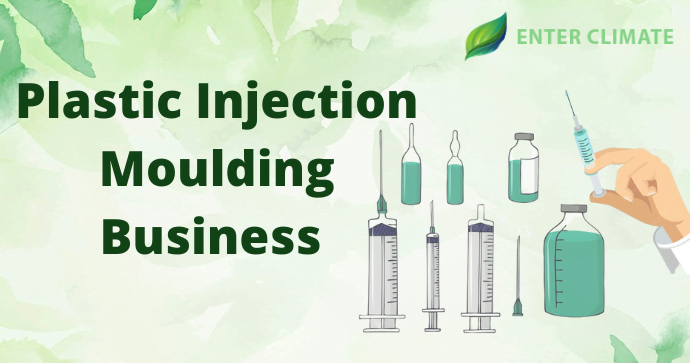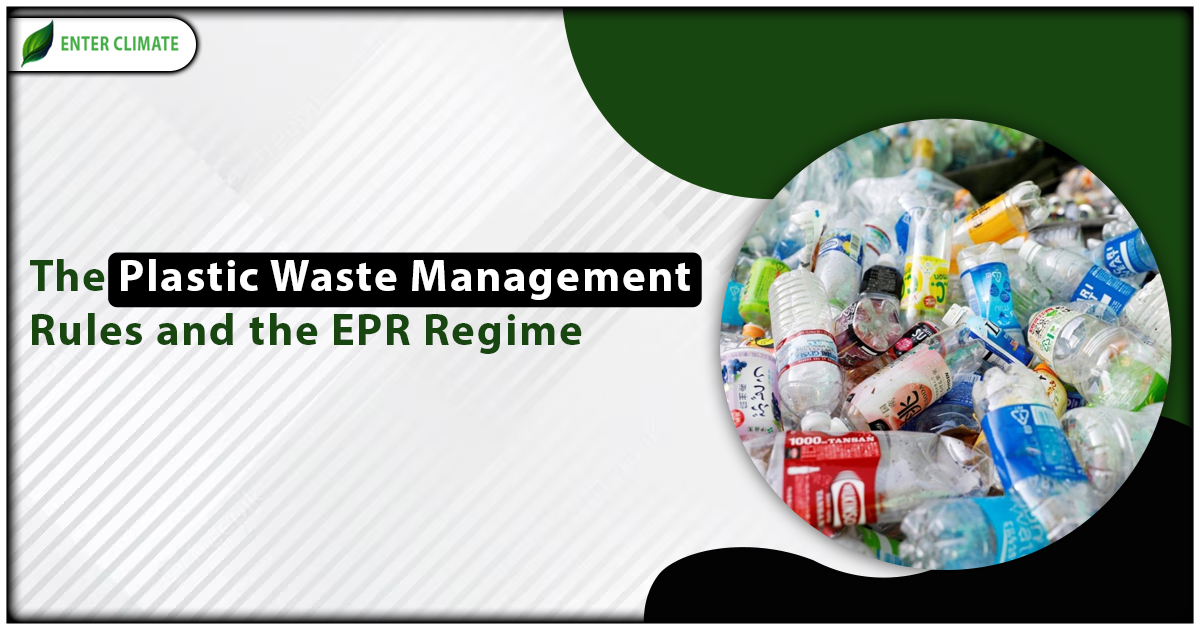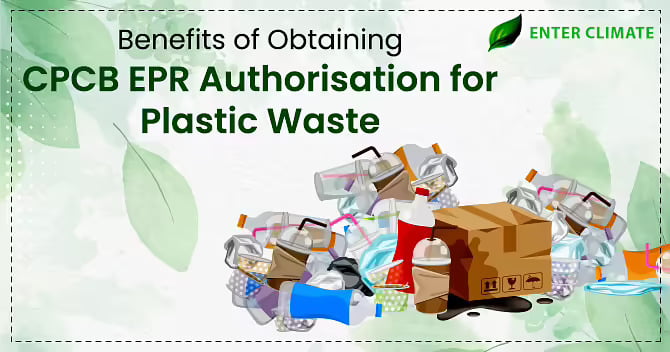Basic Requirements for a Plastic Injection Moulding Business in India
 27 Aug, 2022
27 Aug, 2022 
The plastic material market in India has now developed to dominate the market consisting of 30 000 firms with 4 million employees. This makes India one of the top exporters of plastic goods, exporting to approximately 150 countries. The exported plastic products include laminates and medical ware, electronic accessories, raw materials, and consumer goods. If we look at data over the last five years, the industry has grown by 13% annually. This blog will define the basic requirements for starting the Plastic Injection Moulding Business in India.
This business includes moulding plastic into the same form and manufacturing it in large quantities so that it can be used as a raw material by industries like Automobiles, Construction, Electronics, Machines tools, etc.
Market overview of Plastic Injection Molding Business
According to many reports, it is estimated that the moulds and dies market in India will see a sharp increase between 2020 and 2025, along with the growth in local industrial activities worth 1.47 billion US Dollars. With this, the constant increase in manufacturing and sales of automobiles is another contributing factor to this market’s growth. The further analysis also calculated the accelerated growth at a Compound annual growth rate of 9%.
Licenses and certificates required for establishing Plastic Injection Moulding Business
Business owners aspiring to set up plastic injection moulding business must follow several regulations and implications for registration, licenses, approvals, consent orders etc., especially under the Environment Protection Act, 1986 and Plastic Waste (Management and Handling) Rule 2011.
Registration of Company
Before registration of the plastic injection moulding business in India for EPR or other Environmental certificates, the manufacturer has to obtain acceptance for establishing a company under either LLP Act, 2008, the Companies
Act, 2013, or Partnership Act, 1932, for which manufacturers have to fulfil the following requirements;
- Appointing top officials
- Financial Disclosure
- Annual filing of return
- Drafting agreement with the third party
- Management
In case the manufacturer is setting up a factory, he is required to obtain a Factory license, which is granted by the Chief Inspector of the Labour Commissioner Organisation after scrutinizing the unit as postulated under the Factories Act, 1948. Furthermore, the producer must provide manufacturing understating after the license is approved.
Consent to Establish and Consent to Operate
Consent Certificates are regulated by the Water (Prevention & Control of Pollution) Act, 1974 and the Air (Prevention & Control of Pollution) Act, 1981 for the manufacturing process where the Pollution Index is higher than 20, therefore, making it obligatory for Injection Plastic Moulding businesses. These consent forms are given by the State Pollution Control Board/Pollution Control Committee of the corresponding states. The Certificate for consent to establish is granted beforehand the industry is in operation, considering the parameters like the land, waste production and many more. On the other hand, consent to operate is granted after the industry is established and is ready for production.
Documents required for consent to establish
1. SSI Certificate of Partners/Directors, Industry Department Certificate
2. Collection, storage, and disposal of solid waste[1]
3. Vents/ Stacks/ Chimney and emission sites with Nos. The layout plan shows the drainage/pipeline and final disposal point for liquid effluent.
4. Total area constructed
5. Site plan/Layout Plan with photos showing the distance between the proposed site and the nearest residential area and water body (only in the case of Orange and Red categories).
6. Total open land available in the industrial complex for Green Belt Development, landscaping, and other purposes.
8. Water waste breakdown and water usage report
9. Authorisation from the state’s groundwater authority.
10. Common Biomedical Waste Treatment Facility Membership Letter (for healthcare facilities, Pharmaceutical units)
11. The project report includes production process information, process flow diagram, chemical formulas, emission, effluent, and hazards/solid waste sources.
12. Flow Diagram related to Effluent / Sewage Treatment Plant Specifications
13. Raw material list
14. Product/by-product list
15. In the case of chemical industries, a Material Safety Data Sheet is required
16. Boiler type, fuel used, and quantity
17. Specifics on air pollution controls
18. DG Specifications
Documents required for consent to operate
1. The Aadhar Card
2. Site Plan
3. Water Bill
4. Municipality or Industry license
5. Electricity Bill
6. Proof of ownership
7. Health Trade License
8. Factory/Trade License
9. Authorisation Letter
10. Pan Card
11. GST certificate
12. In the case of the food business FSSAI Certificate
13. Proof of Registration of unit
14. Environmental statement under form-V
15. CA Letter on the total cost of the project
Consent under Plastic Waste Management Rules, 2016
Plastic Waste Management Rules, 2016 make it mandatory for producers, importers and brand owners, that is, any PIBO, to secure consent from the state pollution Control Board for establishing plastic injection moulding business in India by filling Form III, which contains details relating to:-
- Unit’s name and address
- Plant production facility
- The overall cost of the production process
- Registration number, if any
- Years of commencement of production
This application is required to be accompanied by the following documents
- Document relating to EPR Action Plan
- Valid consent certificate under Air and Water Act
- Agreement of PIBO/WMA with the certified plastic waste processor
- Document conferred by ULB/ respective state authority
Extended Producer Responsibility (EPR)
Extended producer responsibility holds owners of the Injection Plastic moulding business answerable for the environmental loss triggered due to their Plastic Products or any manufacturing process. It forces producers to build sustainable products which are resource-efficient.
According to the Plastic Waste Management Act, producers, importers, or brand owners who operate in more than two states are required to submit an EPR Action Plan for managing plastic waste to receive approval from the Central Pollution Control Board. The ExtendedProducer Responsibility (EPR) must be met in all the states and union territories where manufacturers, importers, or brand owners of injection plastic moulding businesses intend to sell their products.
For an extended producer responsibility action plan that is required to be registered under the provisions of the Plastic waste management rules as per the guidelines established, the Central Pollution Control Board has drafted a format to be implemented as of 2019 (or possibly later). The EPR target set by State Pollution Control Board or Central Pollution Control Board is equivalent to the amount of Injection plastic moulding launched in the market in a particular state or union territory.
Conclusion
The plastic injection moulding business has proven to be very lucrative in the Indian market due to the presence of a large amount of raw material and the demand for plastic material by various manufacturing industries budding in the country. On top of this, the Plastic Injection moulding business produces a minuscule amount of waste, making it more environmentally sustainable.
Read our Article: Highlights of Plastic Waste (Amendment) Rules, 2022












